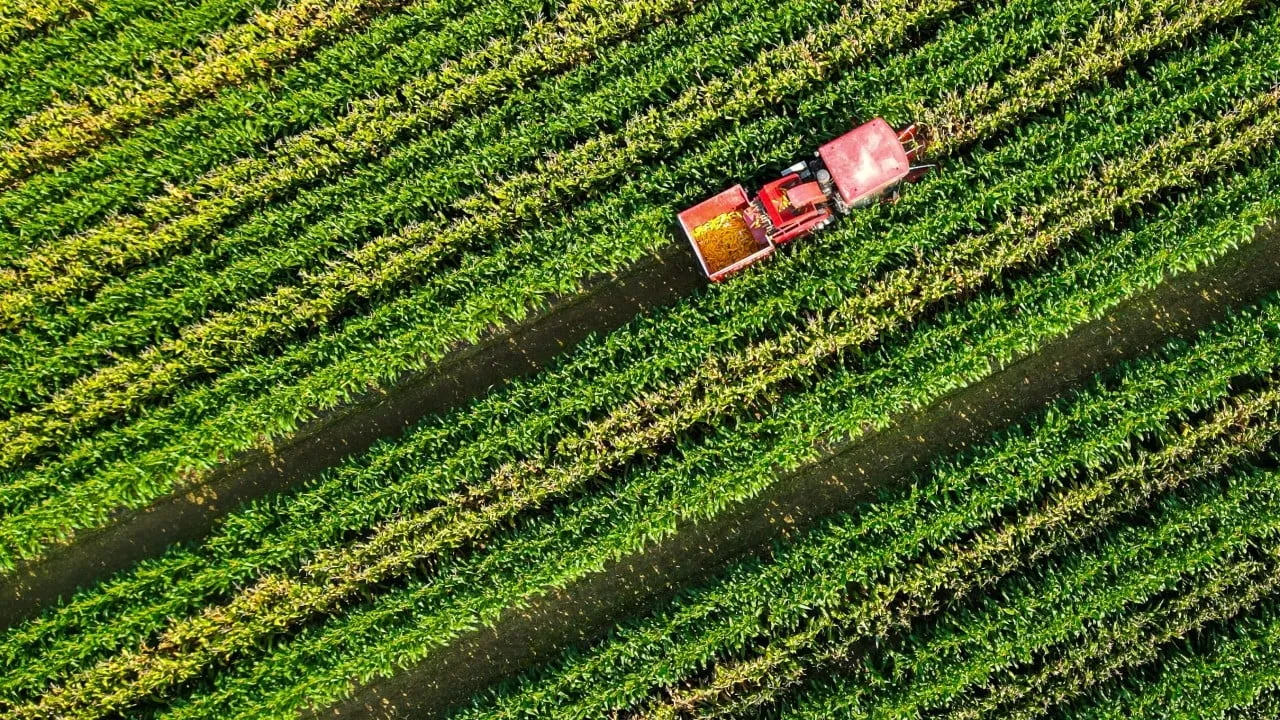Syngenta's Strategies for Sustainable Agriculture and Food Security in China

Syngenta's Commitment to Sustainable Agriculture
Syngenta Group is making significant strides in sustainability as it aims to expand its sales and service network in China by two-thirds in four years. With a focus on achieving food security and sustainability objectives, the company plans to enhance its modern agricultural platform service centres, targeting a total of 1,000 by 2028. According to Petra Laux, Chief Sustainability Officer, there are considerable productivity gaps in Chinese agriculture relative to other major soybean and corn producing nations.
Strategies for Higher Yield Boosts
- Promoting farming practices that preserve biodiversity.
- Improving water retention.
- Reducing greenhouse gas emissions.
With a fifth of the global population in a country with only 9% of the world's arable land, enhancing productivity through advanced agricultural technology becomes crucial. China's ambition to boost self-sufficiency has led to projections of significant reductions in grain imports by 2033.
Aligning with National Goals
These efforts align with President Xi Jinping's ambitions for China's agricultural modernization by 2035. More efficient farming can potentially counteract the global challenge of increasing population and the need for carbon neutrality. Agriculture, being responsible for a quarter of global greenhouse-gas emissions and a major consumer of water, must maintain high productivity.
Empowering Farmers with Knowledge
Syngenta’s system includes 600 training centres that reach over 100,000 farmers, providing insights into sustainable practices. By promoting techniques such as crop rotation and responsible use of farming inputs, farmers can achieve yield boosts between 8% to 15%, using water and fertilizers more efficiently.
This strategic focus on sustainability is not just beneficial for China, but is essential for global food security as well.
Disclaimer: The information provided on this site is for informational purposes only and is not intended as medical advice. We are not responsible for any actions taken based on the content of this site. Always consult a qualified healthcare provider for medical advice, diagnosis, and treatment. We source our news from reputable sources and provide links to the original articles. We do not endorse or assume responsibility for the accuracy of the information contained in external sources.
This article was prepared using information from open sources in accordance with the principles of Ethical Policy. The editorial team is not responsible for absolute accuracy, as it relies on data from the sources referenced.